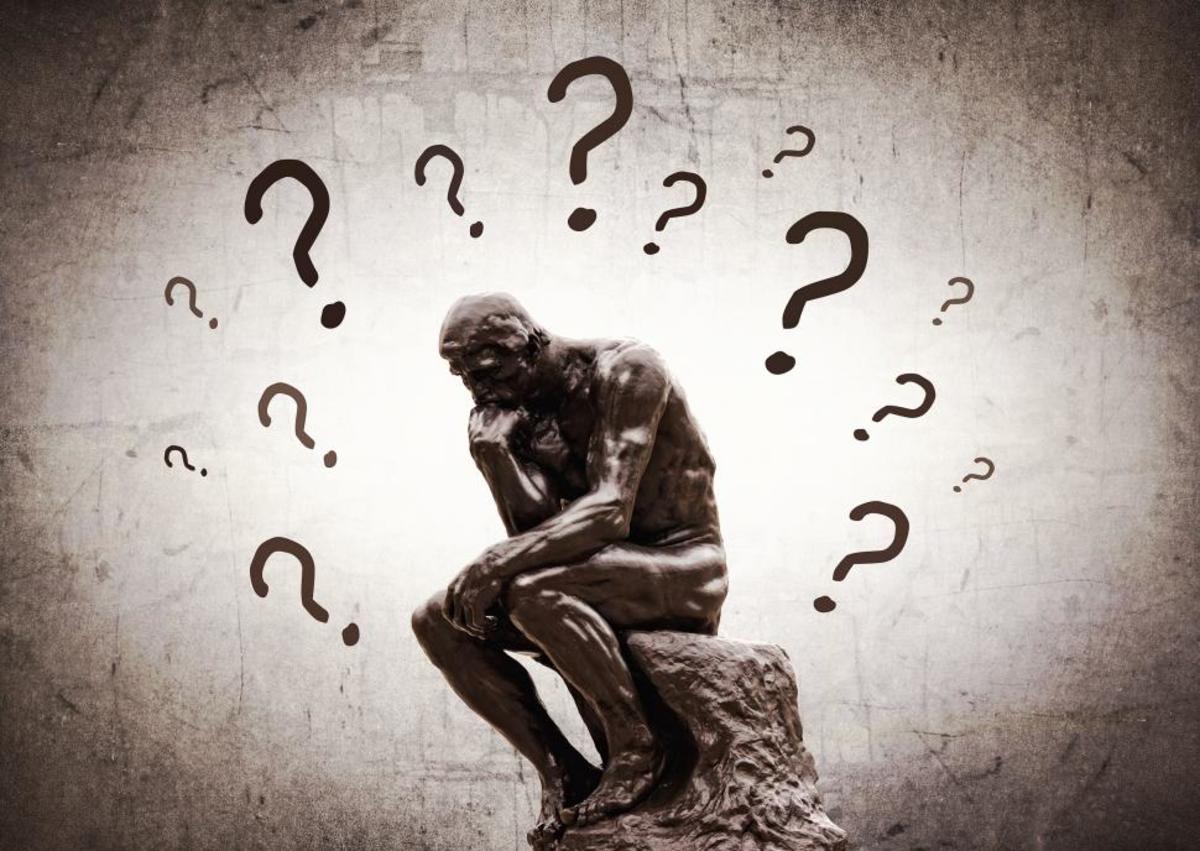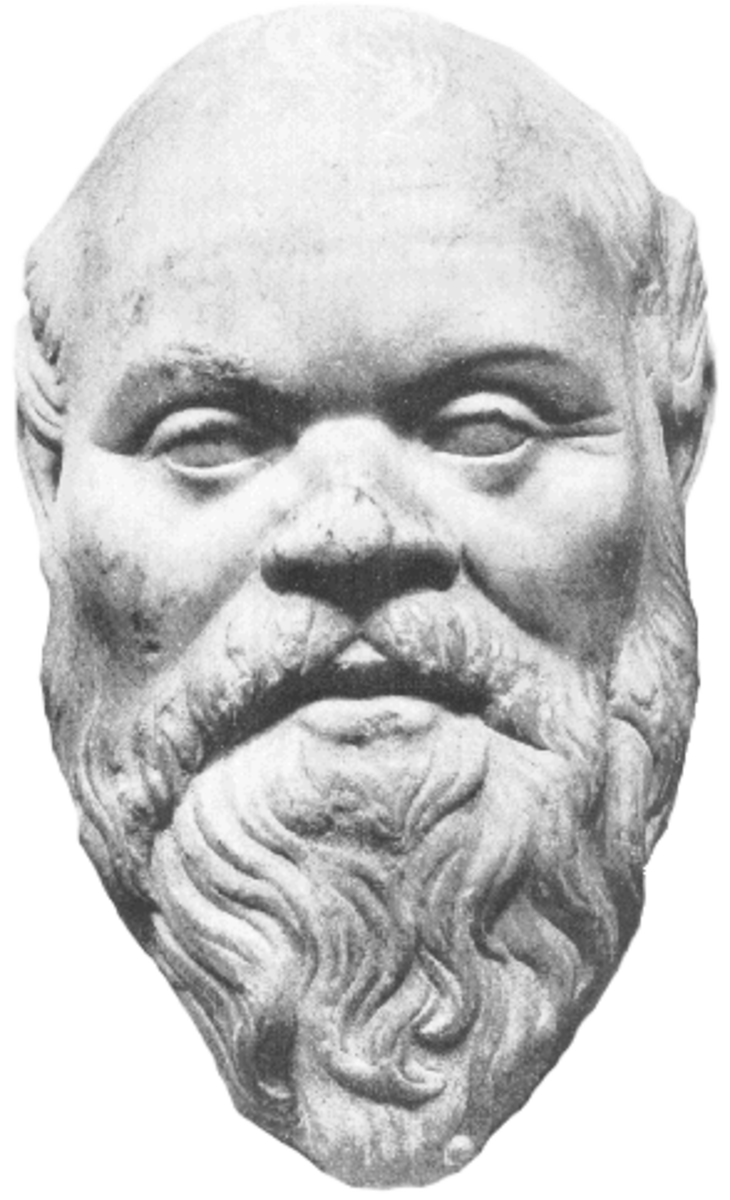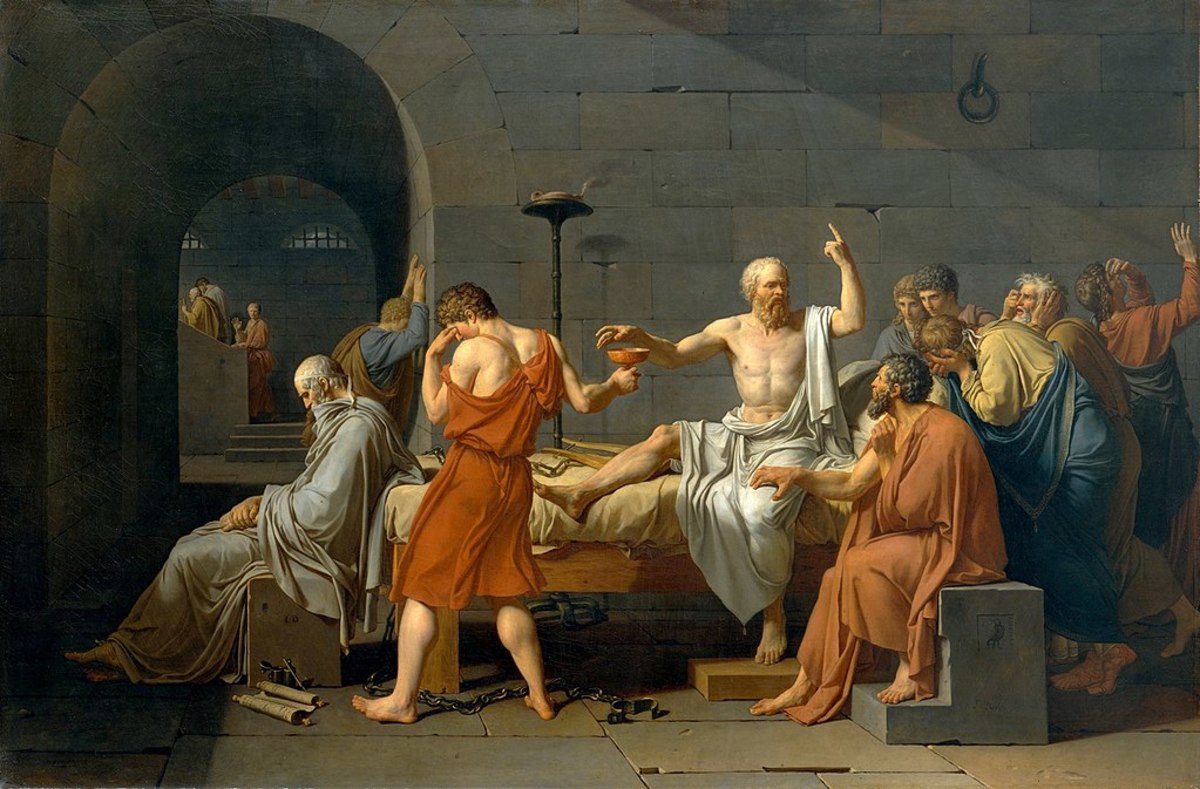Traditional beliefs and philosophy.
Traditions.
The English word "tradition" comes from the Latin "traditio", the noun from the verb "traderere" or "tradere" (to transmit, to hand over, to give for safekeeping); it was originally used in Roman law to refer to the concept of legal transfers and inheritance.
Traditions are actions and beliefs shared and passed by a group of people through one generation to another. Many of our beliefs are traditional. There is a moral or a lesson behind the traditional stories. When we were younger we accepted traditional beliefs and sometimes we would take them for granted, such as (Telling a lie is wrong) or (Using dock leaves are good remedy for nettle strings) or (Eating fish with milk leads to death) those are just few examples and I could write a list with no end about this. Nevertheless, it is not easy to test the truth of traditional moral beliefs but we could test them through experience, by applying them to real situations.

As long as the members of the society act accordance to traditional beliefs, everyone will know what kind of behavior to expect from the others. If individual starts questioning traditional beliefs there will be a conflict. Traditional moral beliefs have a long history; they reflect the experience and the wisdom of many generations. But the challenge is why one’s own experience should be preferred to the experience of many generations?
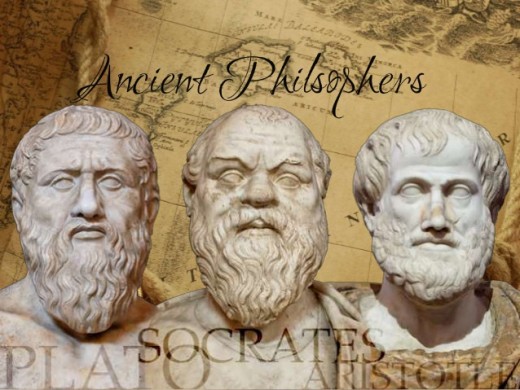
The view that tradition is the best source of moral beliefs is called (Moral traditionalism). Moral Traditionalism has been rejected by many philosophers. They preferred (Moral rationalism). They ought to question moral beliefs and hold it to reasons not to traditions. For Plato (The philosopher) he was a moral rationalist.
Plato and Socrates.
As the talk is about philosophy, I would like to talk about Socrates and Plato. Plato was born in the end of the fifth century. He was from a wealth family, living in Athens, Greek. It was a democracy city. In which adult male citizens only could vote in the assembly. Athens that time was a city that attracts scholars and teachers. Unlike Plato, Socrates was from a humble origin. His father was a stonemason and his mother was a midwife. Socrates dedicated his life to philosophical discussions. He didn’t present himself as a teacher but as a normal person who is asking in the hope of discovering the truth. Most of Socrates friends were wealthy, young men like Plato.
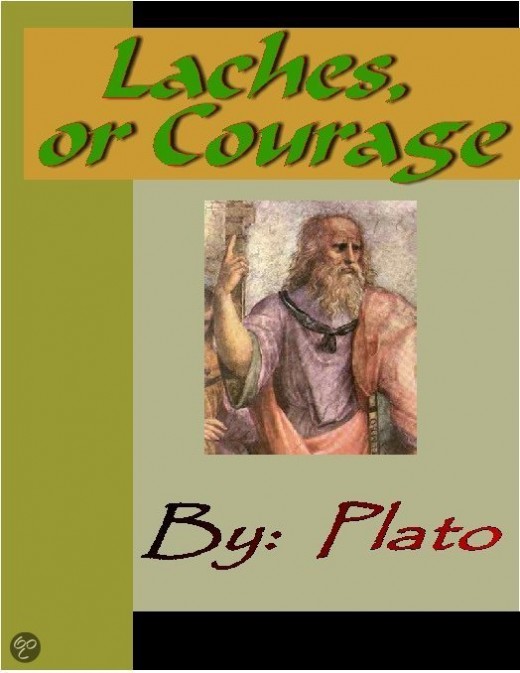
Plato - Laches - A Summary. Watching it would let you understand the topic more.
Socrates left no writings, but Plato wrote many philosophical works. Most of these works take the form of a dialogue between two or more people; usually between Socrates and one of the main characters. As what is in (The Laches). The Laches is a dialogue written by the ancient Greek philosopher “Plato”; Plato used philosophy to question traditional beliefs. Socrates in the Laches questions how to become a virtuous. He suggested deciding first what virtue is. He also suggested that he could address the question (What is courage?). (Socrates in the Laches seems not know the answer, he kept asking whenever he received an answer; that in sometimes seems annoying to both the interlocutor and to the reader).

Returning back to the question (What is courage?). First Laches answered that courage is when the soldiers fighting in defense of their city; Socrates rejected that definition. Then Laches produced another definition of courage; he suggested that courage is endurance; this answered has also been rejected. He also answered that courage is how courageous infantryman might behave. Laches answered the question by giving a specific example. As a result, there are many of examples of courage left.
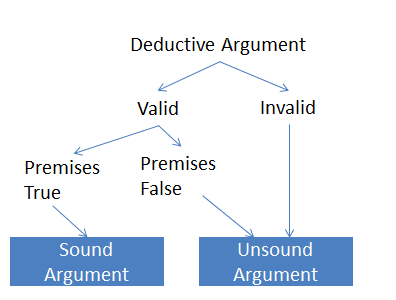
What Socrates wanted the Laches to do is to turn his attention away from the details. Also, Socrates’s argument is a (deductive argument) and for this kind of arguments supposed to be (valid). If the argument is valid and the premises are true we can certain that the conclusion is true too. According to that, Socrates suggested that knowledge is more valuable than true opinion. Because if I told you that this argument is valid and you accepted it without understanding why; in this situation you could easily be persuaded by someone else that the argument is not valid. But once you understand why, you will be much less to be persuaded. So according to Socrates, then you cannot come to know something by parroting someone else’s words. The claim that knowledge cannot be picked up second-hand appears in a number of dialogues.
-Nicias defines courage.
Nicias focuses on the quality that he takes to underlie courageous behavior is kind of wisdom or knowledge. It is the ability to evaluate different outcomes as good or bad. It is all about knowing the value of things. Also, people sometimes know the best thing to do but lack the will power to do it. For example, imagine that there is a woman who sees a child trapped inside a burning house and suppose that the woman knows the best thing to do is to try to rescue that child. Will she do?
Nicias’s definition collapses; not just because it is false but also because he did not understand it. Doing philosophy requires reflection and understanding.

Traditional beliefs as I defined them are beliefs that we might take on trust without reflecting on them. However, sometimes traditional beliefs might be wrong ad even if they are true they are second-hand opinions which do not amount to knowledge.
Do you believe in traditional beliefs ?
© 2016 Rola Maher Abboud

